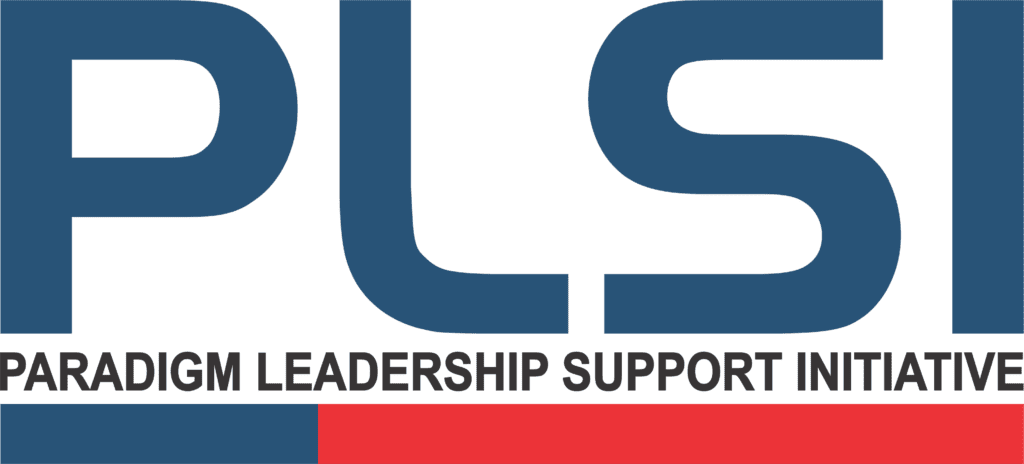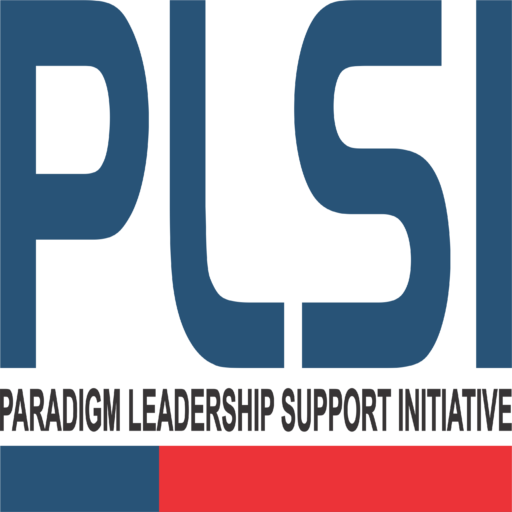BACKGROUND
In a bid to enhance Nigeria’s methane emissions governance and align regulatory efforts with global climate goals, the Natural Resource Governance Institute (NRGI), in partnership with the Paradigm Leadership Support Initiative (PLSI) and the Nigeria Extractive Industries Transparency Initiative (NEITI), hosted a capacity- building workshop for CSOs, the media and oversight actors.
The session was a strategic platform to assess legal and regulatory gaps hindering effective methane emissions management across Nigeria’s oil and gas sector. It aimed to empower civil society organizations (CSOs), media organizations, and regulatory agencies with the insights and tools needed to effectively engage, advocate, and contribute to the reform process.
HIGHLIGHTS:
- NRGI set the tone with a contextual presentation on the significance of reducing methane emissions within the global energy transition discourse, emphasizing the economic, social, and environmental dividends for Nigeria. The Institute further proposed actionable recommendations, given Nigeria’s big bet on gas to drive energy transition and attain energy access.
- The Nigerian Upstream Petroleum Regulatory Commission (NUPRC) shared updates on the Commission’s ongoing regulatory reforms, including advancements in methane measurement and management. These efforts were linked to broader national development objectives and international climate commitments.
- Ajumogobia & Okeke presented an analysis of gaps in Nigeria’s legal framework on emissions. They offered key recommendations including governance and interagency leadership; technology and innovation, capacity building, and public awareness for strengthening regulatory mechanisms to address methane emissions effectively.
- A pivotal segment of the workshop was led by the Clean Air Task Force, which highlighted critical regulatory and implementation gaps along Nigeria’s methane emissions value chain. Insights on the importance of aligning Nigeria’s methane regulations with the EU Methane Emissions Regulation and global standards were shared. This session also noted how such alignment can enhance environmental performance and boost the competitive advantage of low-emission exporting countries.
- PLSI closed the session by demonstrating its Emissions Monitoring and Accountability Tool (EMAT), developed jointly with NRGI. The tool aims to enhance transparency and advocacy in Nigeria’s methane emissions landscape. It can also be leveraged by stakeholders to monitor company compliance and compare company performance against commitments they have made. Participants engaged with the tool and provided valuable feedback for its refinement.
ISSUES IDENTIFIED
-Policy to implementation gaps: Policies are being made but implementation gaps exist.
-Inconsistencies in data presented: Data presented by regulator showed reduction in flaring, however some participants objected and asked for data that represents the reality of flaring in the Delta.
-Challenges faced by regulators: Regulators raised concerns around challenges faced including compliance costs, environmental blackmail, and limited technical capacity.
CONTRIBUTIONS AND RECOMMENDATIONS
Participants called for greater transparency from regulators and urged them to prioritize the public interest in decision-making.
Specific recommendations include aligning frameworks with EU regulations, improving data transparency, robust measurement, reporting, and verification (MRV) systems. Strengthening existing laws to enhance corporate accountability and fostering institutional alignment to strengthen implementation of policies.
Other recommendations include
- Nigeria should mitigate what it emits and make further efforts to reducing dependence on oil revenues while growing its reserves in a sustainable manner.
- Collaboration between regulatory agencies to achieve goals faster was encouraged.
- Regulators should increase frequency of both scheduled and unscheduled inspections
- Reporting standards should be modified to meet the OGMP 2.0 and UNFCCC reporting standards.
- There should be shorter reporting timelines for verification.
- Detailed breakdown of gas emissions (e.g % flaring, %venting, and %fugitive methane)
- Emissions data should include and specify data from illegal oil and gas operations.
- Regulatory agencies should advance decarbonization efforts by engaging host communities and increasing efforts on corporate compliance through increased penalties and criminal liabilities for defaulting oil and gas companies.
The session concluded with a shared commitment among participants to deepen collaboration, engage more robustly with regulatory institutions, and sustain momentum for methane governance reforms that deliver on both national and global emissions reduction targets.
COMMITMENTS
- PLSI will implement the feedback received from the audience to improve the Emissions Monitoring Accountability Tool (EMAT).
- NUPRC Committed to ensuring the adequacy of the legal and regulatory framework for methane emissions and driving towards best global standards. They highlighted the forthcoming regulation under the PIA that will mandate the production of an annual industry report containing comprehensive data on state and license basis. They stressed the importance of collaboration and responsibility from all stakeholders.

